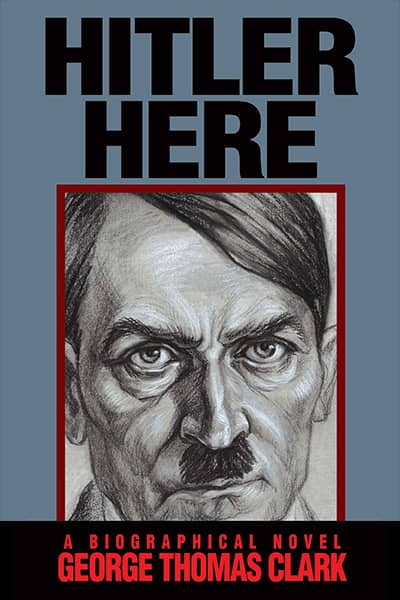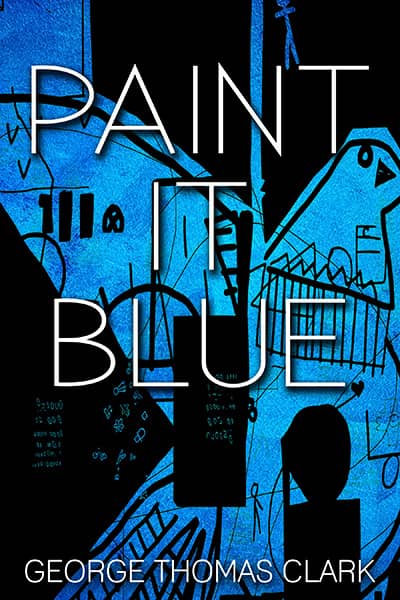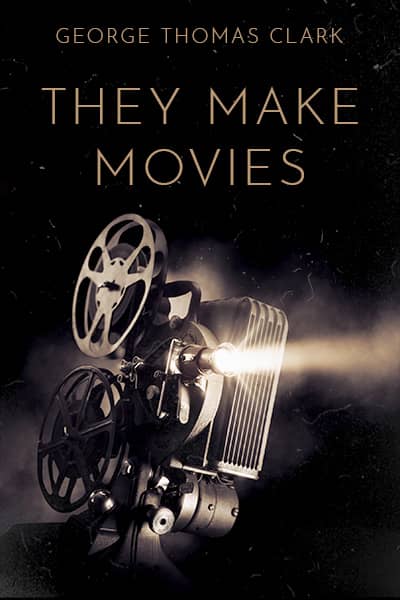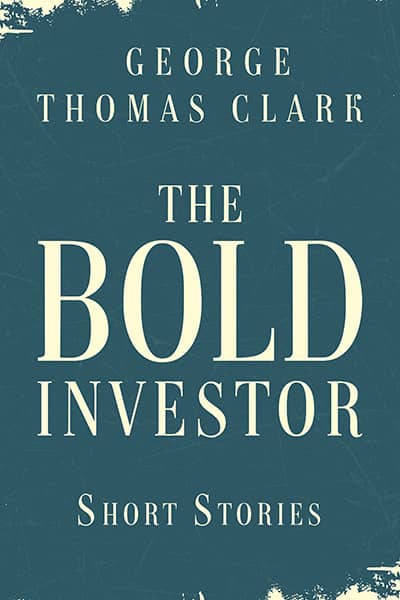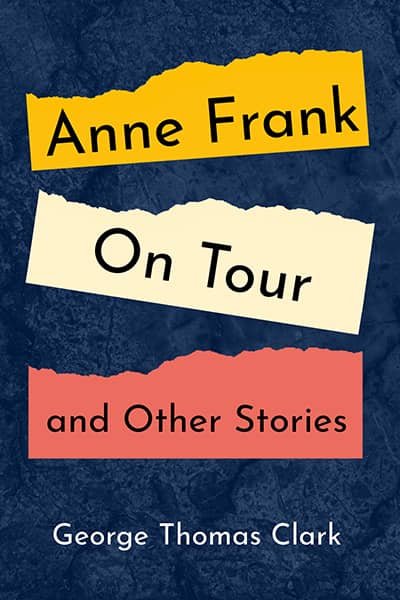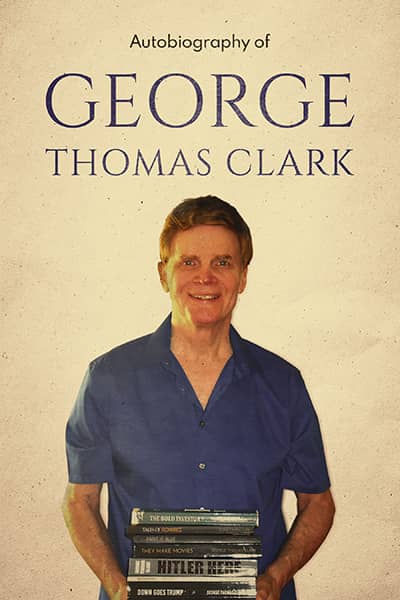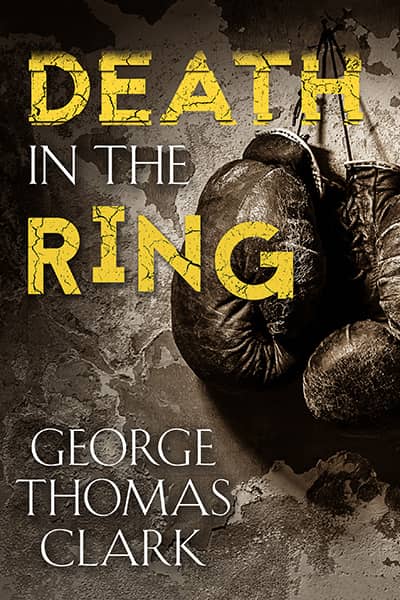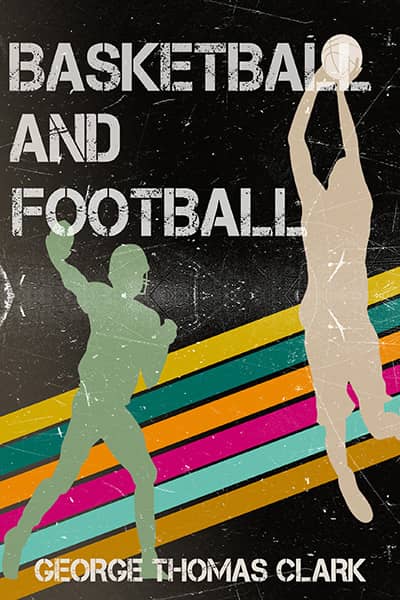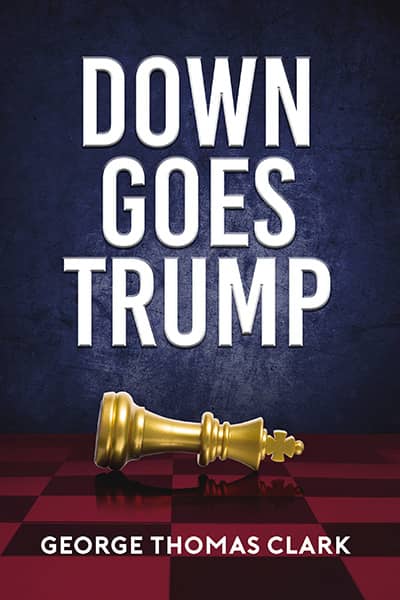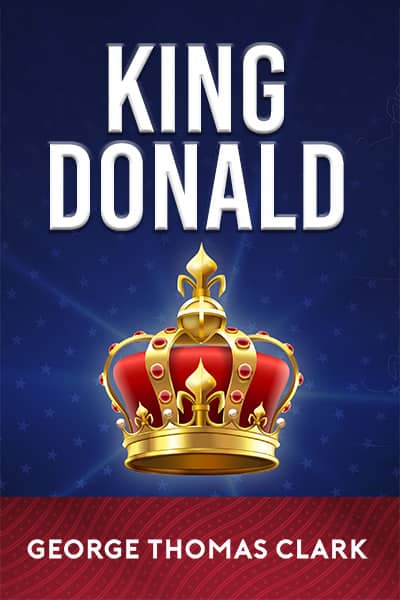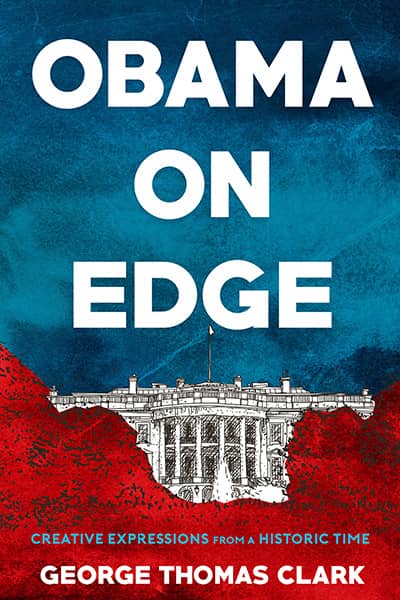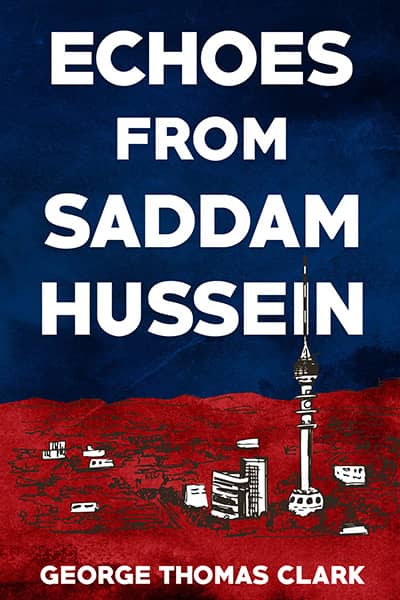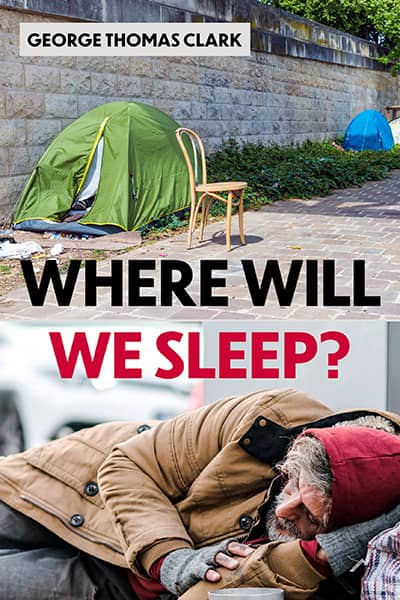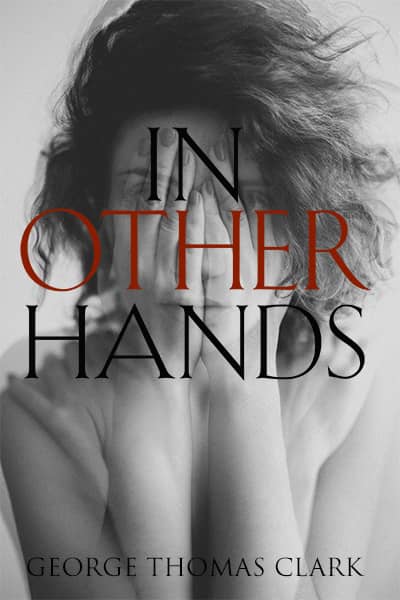Ronald Reagan, 1911-2004
June 6, 2004
Yesterday, for the first time, I missed the collection of about 300 old movies on Beta tapes I’d seen so often and given away three years earlier. I would like to have grabbed Santa Fe Trail and watched the dashing Ronald Reagan, then in his late twenties, play the supporting role of General George Custer. No, if you haven’t seen this very fine and underappreciated movie, don’t worry. Custer in this story is operating well before his Battle of the Bighorn days. He’s a military colleague of General Jeb Stuart, played by Errol Flynn, whose task is to put down the rebellion of slave-liberator John Brown. Olivia de Havilland, Raymond Massey, Alan Hale, Van Heflin, and Ward Bond also appear in this film. That’s a lot of talent. That’s a lot of glamour. And Ronald Reagan belongs. Standing next to Errol Flynn in his prime, he’s just as handsome and charming as Flynn; and, partner, you can’t say that about too many guys.
That’s a quintessential statement to make about Ronald Wilson Reagan. Good looks, charm, and charisma propelled him from obscurity as a sportscaster in Des Moines to prominence as an actor in Hollywood. Only later was there an emergence of two more big C’s, conviction and commitment regarding politics Ronald Reagan would, indeed, change roles but, like most leading men, he was best at playing himself, which in his case was the witty and ideologically steadfast man people liked so much they twice elected him Governor of California and twice President of the United States.
Almost everyone who knew Reagan has said he wasn’t a details guy. He was a big picture guy, a conceptual thinker who focused on large issues and tuned out many of the technicalities of policy development. He wanted to concentrate on his two greatest convictions: that the people of the United States should forever feel optimistic about their future; and that communism should everywhere be replaced by liberty and democracy. Regarding the former, many of the poor and nonwhites in this country felt Reagan didn’t concern himself with their problems. And one should be able to understand that viewpoint. Just remember President Reagan’s painful comment that during his youth “we didn’t even known there was a (race) problem” in the United States. He really hadn’t known and perhaps never did.
In the spring of 1968, when I was fifteen years old, I attended a speech in Sacramento by Democratic presidential candidate Hubert Humphrey. Several hecklers were shouting “war” and “Chicago,” where opponents of the war in Viet Nam had been attacked by the police. Humphrey, the standing vice president in Lyndon Johnson’s hawkish administration, and a hell of a dynamic fellow, eventually lashed back and admonished, “No, this isn’t Chicago. This is Sacramento…and I’ve come to Sacramento to explain how I’m going to bring peace.”
Afterward, a relative who’d taken me to the speech, said Humphrey really could bring peace right away, which still seems doubtful, and that Richard Nixon and Governor Reagan didn’t care about blacks.
“Reagan certainly does,” I reflexively announced. As a lad far more attuned to basketball than the news, I was ready to believe something unpleasant about the edgy Nixon but not the suave Reagan.
A white lady a row in front turned, glared at me, and said, “You better ask blacks about that.”
In subsequent years it wasn’t really necessary to ask blacks how they felt. Most readily stated, verbally and at the polls, that they preferred any Democrat to Reagan. And that’s fine. That’s democracy. That’s the form of government that Ronald Reagan loved. Regarding the issue of how Reagan really felt about the poor and nonwhites of the United States: I’m confident he wanted for them the same opportunities and successes that he and his wealthy colleagues enjoyed. But understanding the problems of the underclass was not Ronald Reagan’s job as he perceived it. His task was to try to create an environment where success could be achieved by everyone who worked for it. He was, most essentially, a spiritual leader, the Billy Graham of optimism, the Martin Luther King of international liberty.
It is his work on the latter issue that will earn Ronald Reagan an enduring and very positive place in history. Many didn’t like the Cold War, “evil empire” bellicosity during his first term as president but during his second term hundreds of millions of people worldwide appreciated his repeated and ultimately successful attempts to talk meaningfully with new Soviet leader Mikhail Gorbachev. They had good chemistry: both, after all, were men most people instinctively liked. Their relationship, and increasing internal demands for freedom behind the Iron Curtain, helped the two leaders forge a seminal nuclear arms agreement mandating destruction of intermediate range ballistic missiles. Europe was becoming a more harmonious place. And Ronald Reagan, the veteran anti-communist who in Berlin demanded: “Mr. Gorbachev, tear down this wall,” must be credited for helping the Russians understand what he wanted most was peace and freedom for everyone.
